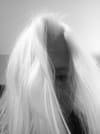O Canada
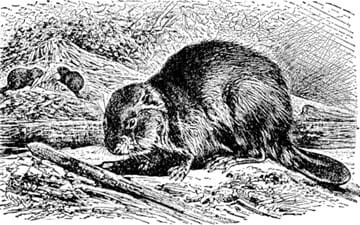
Before you read any further know this: I am Canadian. My parents were both Canadians, and my mother’s ancestors came here in the late 1500s. Yes, more than 400 hundred years ago. Some intermarried with the Mohawk First Nation at Kahnawake. I have always been quietly proud of being Canadian. Both my husband and I have lived in other countries and, despite having other possibilities, we chose to live here.
Someone emailed me this YouTube video made recently by Adam Schiff, an American Senator. Please give it a watch, right to the end (don’t worry, it’s not long) and then come back to me and read why I find this insidiously offensive.
It starts with a clip of John F. Kennedy where, during his first trip to Canada, he stated:
“Geography has made us neighbors. History has made us friends. Economics has made us partners, and necessity has made us allies. Those whom God has so joined together, let no man put asunder.”
I can find no fault with this succinct and well-worded speech. And it seems like a great place for Schiff to start his “Message to Canada”.
Alas, moving forward, I am doomed to be disappointed, verging on disgust.
Schiff now plays a video made by some Canadians vacuously praising the United States back in 2016. I say “vacuously” for a reason. According to the dictionary, “vacuous” means “marked by lack of ideas or intelligence”.
It is a meaningless piece of facile fluff. But, moving on…
Schiff says his “number one” and “most significant reason” for liking Canada is all about war. Of course it would be war. The United States has rarely been able to resist a fight somewhere in the world.
To admire Canada because we were involved in armed conflicts does not — at least to me — appear to be at the heart of being Canadian.
Anyway, he goes on to say how Canada joined the USA in World War I, in World War II, in 9/11 and in Afghanistan.
Clearly he needs a brief history lesson. Canada joined World War I in August of 1914 and the United States only got involved in April of 1917. In World War II, Canadians were dying as early as September of 1939 while the United States decided to join in December of 1941.
Canada did not “join” the United States; the United States came to the party once they were good and ready for their own reasons (which are too convoluted to enumerate here).
Of note is the lack of mention of the War in Vietnam. Canada was the safe haven for draft resisters from the United States. Going even further back, the promised land at the end of the Underground Railway was in Canada. Canada meant freedom from slavery (yes, I know it’s more complicated than that) and freedom for conscientious objectors.
Schiff mentions 9/11 but doesn’t even bring up possibly the most stereotypically “Canadian” action at that moment — the kindness and generosity of the Newfoundlanders who opened their homes to stranded American airplane passengers.
Next, he lists things we/they can all be grateful for. Rather superficially he cites Captain Kirk (William Shatner) of Star Trek, the comedian Jim Carrey, and the now properly disgraced Wayne Gretsky. He goes on to mention nameless contributions to music, art, science, film and various unspecified Nobel prizes won.
He recalls the inventions of insulin, the Ebola vaccine, IMAX, basketball, the pacemaker, and, with a nod to a prepubescent audience, peanut butter and jelly sandwiches.
Interestingly, the pb&j sandwich was concocted by an American, and he does briefly acknowledge this. The process for the industrial making of a peanut paste was patented by Marcellus Gilmore Edson of Montreal who later collaborated with the American John Harvey Kellogg (of cereal fame). However, the original makers of a peanut paste were the ancient Aztecs and Incas. But, like a good politician, he does not allow accuracy and nuance to interfere with the narrative.
In any case, I bet Schiff (or more likely his speech writer) is a force to be reckoned with when playing Trivial Pursuit (also a Canadian invention by the way).
But back to the list of wonderful Canadian things: yes, yes, yes all good things. But any country on earth has equally wonderful lists of wondrous things. The list does not make us uniquely Canadian, nor does it define us.
Schiff then reminds his viewers of the Canadian firefighters who recently helped quench the California wildfires. Finally, something that may speak to what Canada might be all about.
Lastly, he closes on Canada being the “best neighbors” (spelling error intentional). Schiff is back to JFK and a fortuitous piece of geography that identifies us merely as those nice people living in the apartment upstairs.
If what Schiff lists are the highlights of why Canada is so special, then it’s a sad and superficial statement indeed. We might as well throw in the towel and become the 51st State if we are in agreement that these trivialities are what makes Canada worth keeping distinct. Yeah, sure, we would lose free healthcare, much of our social safety net, likely equity, diversity, women’s rights to health care determination, 2SLGBTQ rights, environmental protections, and who knows what else, but gee whiz we might pay less tax, have cheaper cell phone plans, have easy access to automatic weapons and join in more wars.
And we could ditch the Canadian Dream, whatever that might be, and embrace the American Dream — as George Carlin quipped:
"The reason they call it the American Dream is because you have to be asleep to believe it."
Who Would We Be if it Weren’t for Dead Beavers?
According to Marshall McLuhan:
“Canada is the only country in the world that knows how to live without an identity.”
And, some time ago, our new “elbows up” ambassador Mike Myers commented:
“Canada is the essence of not being. Not English, not American, it is the mathematic of not being. And a subtle flavour — we're more like celery as a flavour.”
Author Douglas Adams was slightly more precise when he wrote:
“Every country is like a particular type of person. America is like a belligerent, adolescent boy; Canada is like an intelligent, 35-year-old woman.”
Despite these quotes, there doesn’t appear to be a national identity.
So how did we come to be? Perhaps the most direct and historic image is provided by Margaret Atwood in her 1972 novel Surfacing. One of the main characters, states:
“Do you realize,” David says, “that this country is founded on the bodies of dead animals? Dead fish, dead seals, and historically dead beavers.”
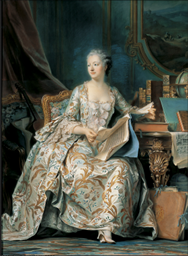
Madame de Pompadour (1721-1865), Chief Mistress of France’s King Louis XV, likely agreed when she remarked:
“Canada is useful only to provide me with furs."
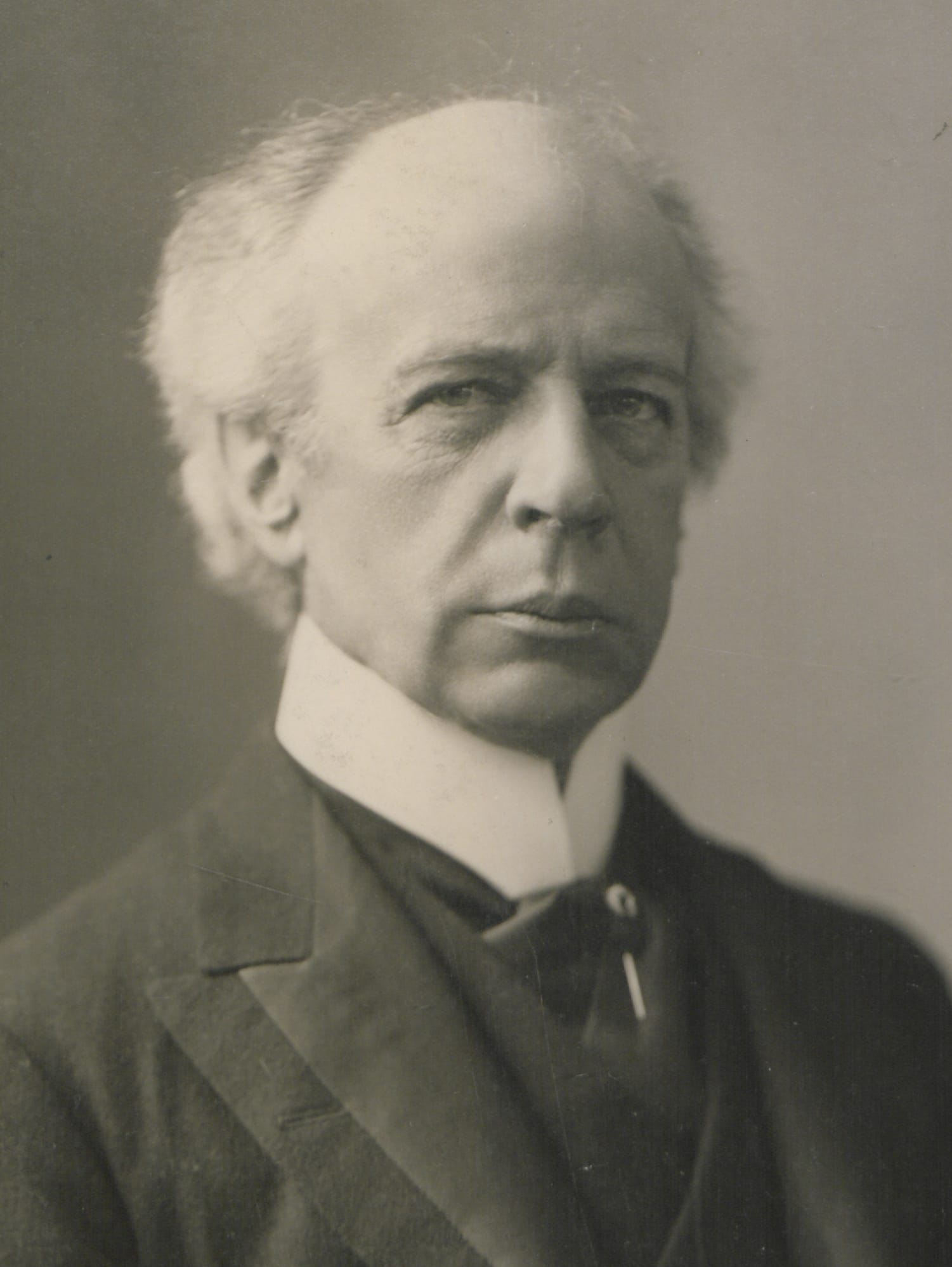
Perhaps edging closer to a national identify, Sir Wilfred Laurier (Prime Minister of Canada from 1896 to 1911), spoke about the country:
“I claim for Canada this, that in future Canada shall be at liberty to act or not act, to interfere or not interfere, to do just as she pleases, and that she shall reserve to herself the right to judge whether or not there is cause for her to act.”
Still we are no closer to defining what it is to be Canadian, and what is worthwhile to defend, protect and cherish (I now have trouble with this word and in what context it has recently been used, often and by whom — as in "cherished 51st State").
To me, perhaps Canada means safety, quiet, peace, respect, protection, nature. It does not mean rapacious consumerism nor the unblinking bovine adulation of billionaires. I don’t think we are similar to Americans who seem to believe that individually they are close to and actually have a shot at becoming billionaires, when in reality most are a few paychecks away from living in their cars in a Walmart parking lot.
But here I go again, defining us by what we are not.
Maybe only a poet can define us. In that spirit I present two quintessentially Canadian poems. They are rather average, almost naïve; certainly not masterworks. They were written by Wilson McDonald (1880-1967).
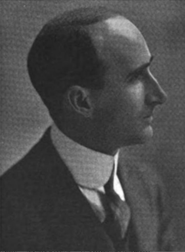
McDonald was, perhaps, a true Canadian. Toward the end of his life he wrote:
"I have been, in my varied career, a view agent, seaman, cabin-boy, bartender (one night), school-teacher, actor, inventor, producer, playwright, composer, advertisement writer, newspaper reporter, editorial writer, columnist, banker, and poet. When my poetry would not sell, circumstances forced these other tasks upon me.”
He was almost a performance artist in that he chose to create events where he read his poetry aloud and then sold his books at these venues. As a bookseller I would often run across his hardcover volumes and every copy would be autographed. I used to joke that having an unautographed copy would be more valuable. His signature was distinctive and delightfully rather childlike. He clearly used a ruler when signing his books, and his script was neat, fastidious and absolutely linear.
McDonald has been praised, jeered, sneered at, dismissed and celebrated. Some have compared him to a “better” Walt Whitman. But, like many Canadians, his name is known only by a few.
But I think this might be my Canada.
Enjoy. Read these two poems out loud, just like Wilson did.
Out of the Wilderness
I, a vagabond, gypsy, lover forever of freedom,
Come to you who are arrogant, proud, and fevered with civilization —
Come with a tonic of sunlight, bottled in wild, careless acres,
To cure you with secrets as old as the breathing of men;
Come with the clean north wind in my nostrils,
To blow out the dust and the smoke of your lives in a great blast of beauty;
Come with a chaos of wild-flowers, grouped in a lovely disorder,
To shame all your gardens of maddening, cloying perfection.
I have in my veins all the sweet unrest of the wild places,
And if you toss me aside I will come hither again on the morrow;
For I am a force that you cannot deny;
I am an offering that you finally must accept,
For I am the herald of new things in a new land.
If you knew what savagery I have endured
That you might know peace;
If you knew how often mine eyes have been blinded
To give you light;
If you knew how many times mine ears have been deafened
To give you sound;
If you knew the chains and manacles I have worn
To give you freedom,
Then would you open the doors you have closed in my face
And recant all you have spoken against me
And drink my song to the full measure of my cup.
I am a renegade, laughing at rules and laws,
And my whims are my king and my royal family.
I am an adventurer, delving in joy and sorrow
And love and friendship and the white quarries of truth.
I am a plunderer, taking all that the sages have left me
And adding thereto, that the children to come may have peace.
I am a highwayman, stealing the gold of the dawn
And the star-heavy, blue purple robe of the night.
I hold up the wind for its fragrance and wrestle the sea
With my brown, naked arms, for the tang of its salt.
I am a pirate, a gay, laughing profligate pirate
Sailing the seas of delight, where my loot
Is diamonds of sunlight and the cold pearls of the moon.
My song is a lily in darkness, keeping the whiteness of truth
To guide the lost soul of the night up to dawn.
My song is a cactus that stings him who touches,
With misunderstanding, its sharp, biting needles,
But blesses with beauty of yellow and crimson and all flaming colors
Whoever beholds it with wisdom and love.
My song is a roseate rug, yet not of the Orient.
Here is the weave of it: seaweed, curled black with salt,
Under the cold, high cliffs of Gaspe;
Pine-shadowed snow, at the dome of the Selkirks,
Burning with suns and flaming with moons and remaining forever;
Sands from the restless and changeable dunes of Wasaga;
Slim, hardy reeds in the broad, lonely marshes
Where James Bay falters between her allegiance
To land and the gray, green of water;
Gold suns that slip from the world at Alberni,
Warming the seas with their fires;
Threads of blue mist from the indolent valleys
Of the low, lovely, lounging Laurentians;
Sighs of the hemlock and snow-loving tamarack,
Where the trees march to the south in Saskatchewan;
Firs that leap up from dark Capilano
Where music glides down a long stair to the sea;
Orange and purple and crimson and bronze
From the gay palette of gorgeous October
In the lake-lyric land of Algonquin;
Shadows from deep, frosty fissures whose waters
Slip from their turbulent life to the hill-cradled Shuswap;
Leaves of the red-limbed arbutus and roses of yellow and red,
Leaning low to the sea in Victoria,
The all-lovely lyric of cities.
And, through all these colorful threads of my song,
Tolerance, truth, and the kiss of full brotherhood!
I am the herald of new things in a new land.
The light of my song blinds the bats and the night-owls.
I tear from all men their false trappings
And they in their anger revile me.
The disciples of Cant feel my words in their hearts,
As a dead tree that knows not sunlight from moonlight,
Like the dancing of rain upon water
I run with a song in my feet.
Who then shall hear me?
Men with brown limbs who rise up with joy to the sun
At the dawn; children who know a pure song
From their own flowing rhythm of flesh;
Old men who hunger for youth;
Young men who thirst for the blue, living waters of life.
I am forever the foe of Intolerance,
Hating her soul with a hatred undying.
I am a renegade, I am a highwayman,
I am a plunderer, I am a vagabond.
I am a pirate, a gay, laughing, profligate pirate
Sailing the seas of delight, where my loot
Is diamonds of sunlight and the cold pearls of the moon.
A Song of Two Houses
I'm going up where a poor man dwells
In a log house on a side-road
Where no one thinks of going.
I'll find my way by the gay bluebells,
And, when it's dark, by the asphodels
That like white stars on the side-road
Through deeps of gloom are glowing.
The poor man's house has a single chair;
Its floors are hard and its walls are bare,
And the only wealth that you'll find there
Is a cup of wisdom flowing.
I'm going up to a rich man's door,
To a stone house on the high-road
Where marble steps are shining.
I'll find my way by the blatant horn,
The vineyard's purple, the yellow corn,
To the stone house on the high-road
Where I at noon am dining.
The rich man's house has carven glass
And candlesticks of heavy brass
And carpets soft as summer grass
And walls of rare designing.
But should the dawn of a sad day break
On my cold heart, on my tired soul,
To-day or yet to-morrow,
I know whose bread my hands will break;
I know whose gifts I'll gladly take
To my cold heart and my tired soul
If I have need to borrow.
The rich man can all things command,
But all his gifts are in his hand,
And seldom can he understand
The lonely heart of sorrow.
Would you like to read other posts? If so, please click the Home Page link below:
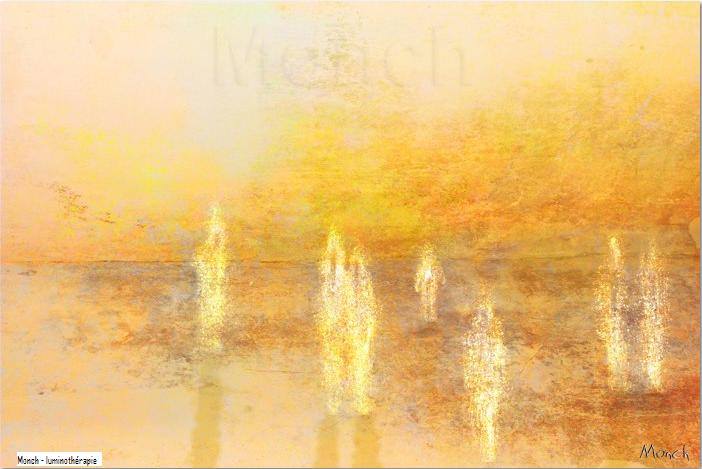
You, Dear Reader, are much needed and appreciated.
Everything written requires a reader to make it whole. The writer begins, then you, dear reader, take in the idea and its image, and so become the continuation of its breath. Please subscribe so that my words can breathe. Consider this my hand, reaching out to yours.
